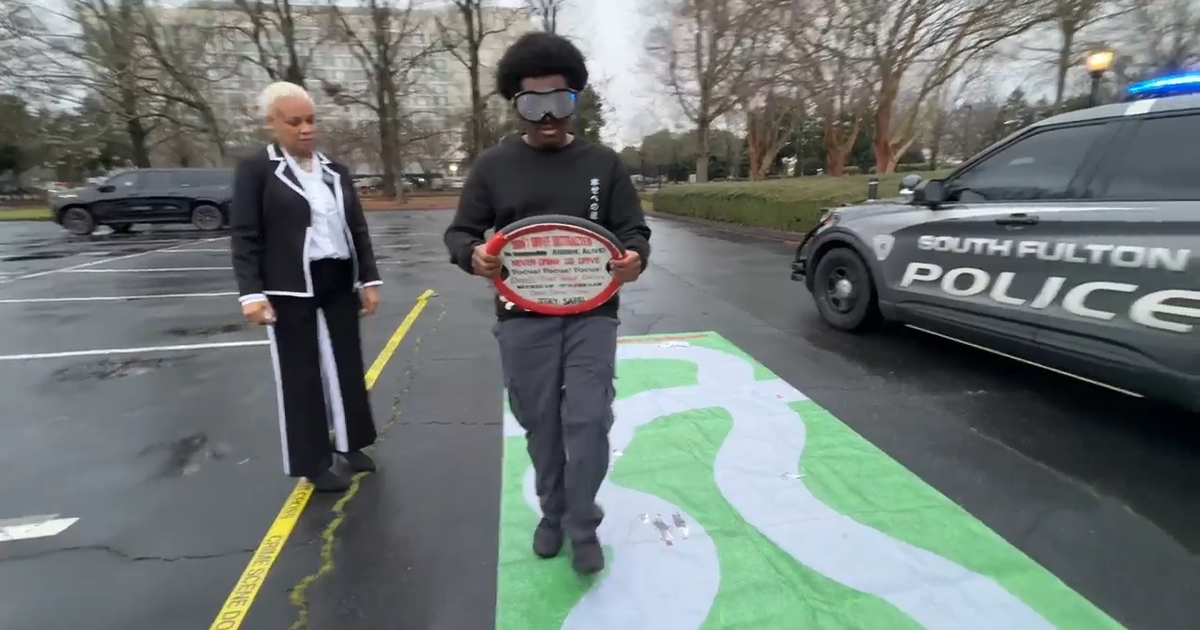Professors Plead For Whitmer to Mandate & Fund More Online Classes
CBS Detroit - In an open letter to Governor Whitmer, over 200 professors from Michigan's public universities asked the state to mandate more online classes for the fall term. Saying that while certain disciplines do require face-to-face instruction and labs, like health sciences and performance arts; many classes do not require "face-to-face" classrooms.
"We are requesting that you mandate that classes that don't require face-to-face teaching as part of their pedagogy (as determined by faculty and departments that teach these classes) must meet fully online. We are also requesting that you set requirements for levels of testing, data reporting, contact tracing, and quarantining, per epidemiological recommendations (e.g., GTU study)." said the letter.
This letter comes as Michigan State University canceled all its in-person classes, electing online versions for undergrad courses. The letter cites the University of North Carolina at Chapel Hill as an example that universities "serve as excellent breeding grounds for COVID-19". As recently reported by CNN, 130 students tested positive for COVID-19.
The professors argue that by offering may classes online, students and staff can be kept safer when going to campus for labs and classes where staff and faculty must be present as part of the learning process. Saying "After all, we don't ask students in chemistry labs whether they'd prefer to wear goggles or not, and we don't let student-athletes opt-out of safety equipment if they prefer not to use or wear it. Students rely on university and government authority to set and maintain rules of safety, and we must do so here, to protect students, and our larger community, from harm."
They also asked Governor Whitmer to mitigate the costs of establishing online learning, as many universities have lost a lot of money and they feel the financial impact is driving universities to get back to in-person classes. They say that if the State of Michigan were to step in to mitigate some of these costs, universities would be under less financial pressure.
"We ask you to help mitigate this cost. Our administrations are caught between trying to keep university communities safe, on one hand, and trying to keep university staff and faculty employed, on the other. This has led to decisions, like that made by the University of North Carolina, where lives were put at avoidable risk for financial reasons. Financial worries mean that faculty feel pressured to teach face-to-face". The letter continues, "You, as Governor, could step in to help by offering financial incentives for those universities who choose to put safety first or by publicizing the kinds of low-interest loans that are available to help our institutions of higher learning stay solvent during these extremely challenging times."
They concluded their letter with "We faculty are not motivated by fear for ourselves; we are motivated by what we see around the country in other schools, first-hand knowledge that university students don't always make decisions based on what is safest, an understanding that the COVID-19 spreads easily among people meeting in groups (especially indoors), and a conviction that moving forward with a plan that includes unnecessary face-to-face teaching will make people sick, cause lasting damage in many (https://jamanetwork.com/journals/jama/fullarticle/2768351), and will certainly kill some."
© 2020 CBS Broadcasting Inc. All Rights Reserved. This material may not be published, broadcast, rewritten, or redistributed. Information from The Detroit News contributed to this report.








